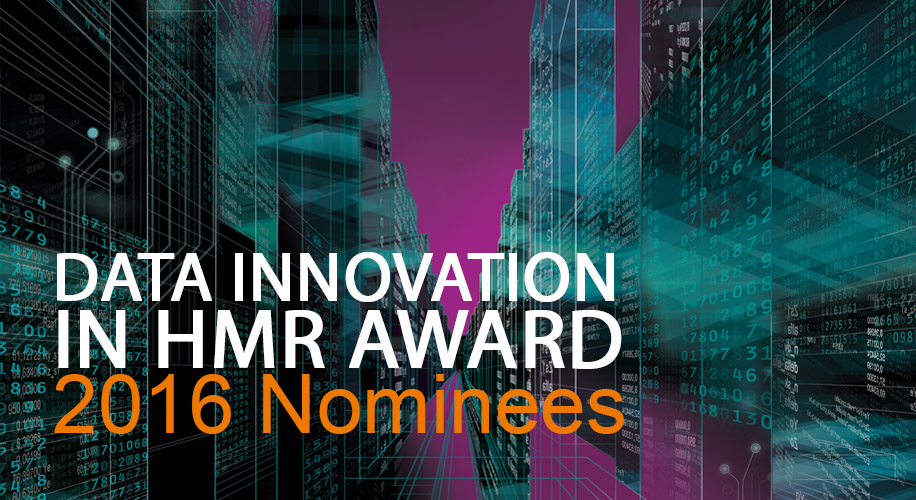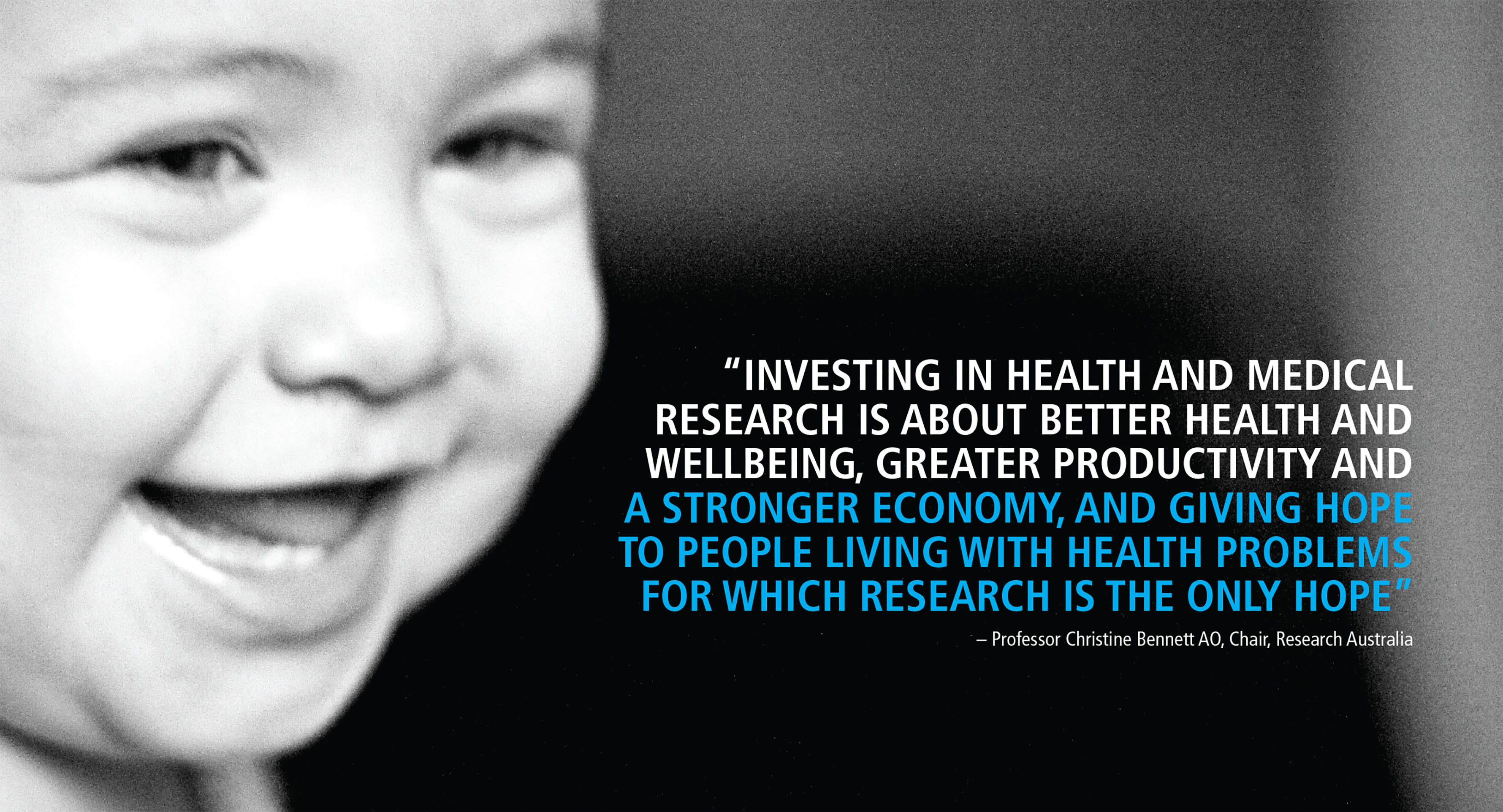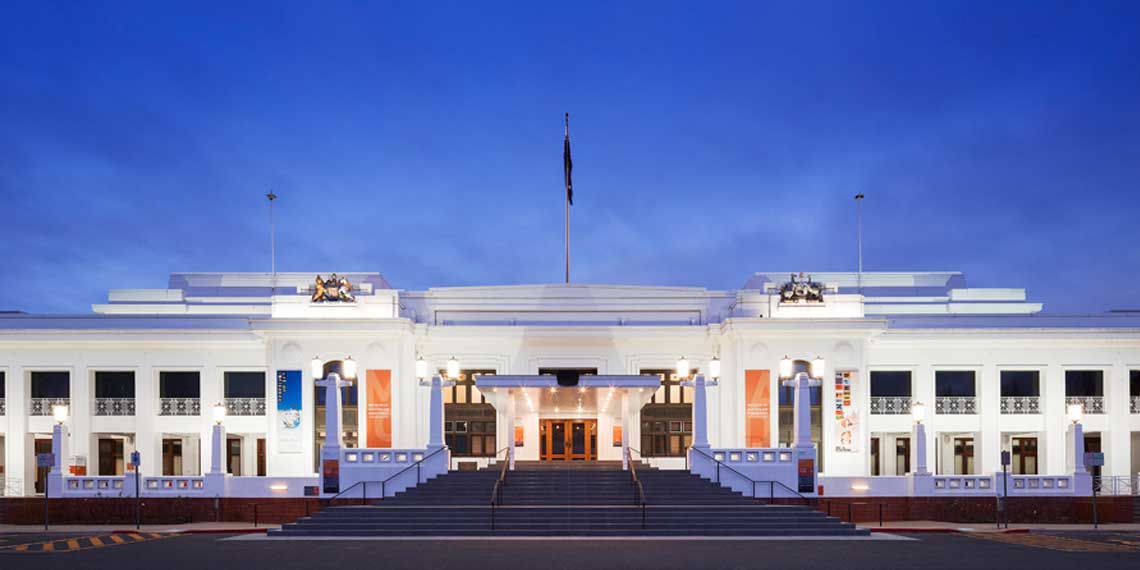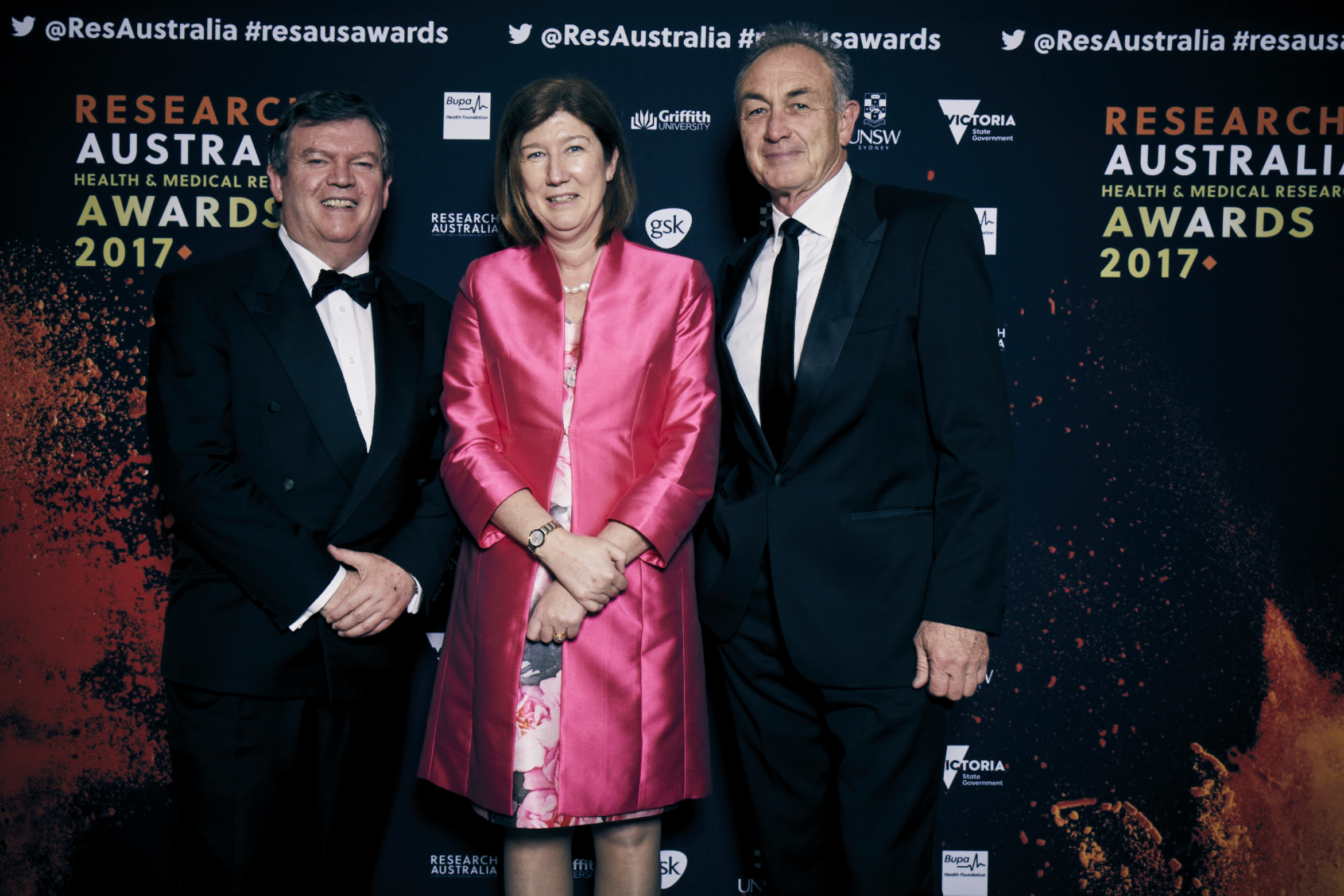Thank you to all those that nominated their heroes for the 2016 Research Australia Health & Medical Research Awards. 2016 has seen the highest number of nominations and the stories are amazing. We look forward to sharing some of them with you.
Data Innovation in Health & Medical Research Award is presented to an individual or team that has developed the most innovative method of gathering, making available, processing or interpreting data in a way that advances health and medical research. Individuals and teams from all fields of health and medical research are eligible for nomination, not just those who specialise in the manipulation of data. Innovations that provide new methodologies for research or have increased the availability of data for research are encouraged. This new Award is being presented for the first time in 2016.
Discover previous winners in all Award categories, including video’s from the 2015 winners.
2016 Data Innovation in Health & Medical Research Award
Ambo Project
Turning Point, Eastern Health
Monash University

Nominators: beyondblue and Associate Professor Karen Smith | Ambulance Victoria
The Ambo Project represents a major innovation in the use of data to inform responses to significant public health issues. Conducted by Turning Point, The Ambo Project is a comprehensive analysis of alcohol and drug related ambulance attendances across Australia.
This has involved active collaboration with ambulance services across the country to identify, code, analyse and report patterns and characteristics of alcohol and other drug (AOD) harms, mental health and self-harm presentations to ambulance within weeks of events occurring.
It started in 1998 as a project examining non-fatal drug-related ambulance attendances in metropolitan Melbourne, and the project team has since expanded the scope and reach of this program of work to include Victorian state-wide data from 2011 and national data from 2012. A national surveillance system for self-harm and mental health in 2012, and a national surveillance system for AOD misuse and overdose in 2015, has also been developed.
Annually, the project team receive over 500,000 cases that require extensive additional coding, cleaning and analysis to enable timely identification and reporting of self-harm, mental health,
This work is instrumental in providing information to government and other key stakeholders, and in the development of mental health and drug and alcohol policy, interventions and evaluation which in turn leads to better decisions and outcomes for everyone.
DreamLab
Vodafone Foundation Australia
Garvan Institute of Medical Research

Nominators: Leonie Walton | Garvan Research Foundation and Josh Guest | b2cloud
Most of us can say that our lives have been affected by cancer in some way. So what if every one of us could join a global effort to discover ways to treat cancer… in our sleep?
Vodafone Foundation has partnered with the Garvan Institute of Medical Research to bring you DreamLab – an Android app that combines the computing power of thousands of smartphones to fast track cancer research
Almost 65,000 DreamLab users worldwide have already crunched more than 30% of the cancer research project data, in half the time it would have taken.
When you download DreamLab and charge your phone, the app downloads small pieces of information about two specific types of cancers. Using your phone’s computer processor, the app then compares these genetic profiles to identify their similarities and differences between different tumours and sends the answer back to the Garvan Institute via the Amazon Web Services cloud.
The research aims to compare the genomes of thousands of cancer patients, in order to classify cancers in based on patients’ genetic profiles – not simply according to the tissue in which those cancers originated. Researchers envision a future in which this data library will allow those diagnosed with cancer to benefit from much more effective and accurate assessments of their illness. Doctors will be able to develop customised treatment plans that are known to be effective for a patient’s specific genetic profile.
.
See how the new #DreamLab app uses the processing power of your smartphone
to help fast track cancer research in this informational video. Download the
#DreamLab app here.
Capital Markets CRC
Market Quality Team

Nominators: Prof Deborah Sweeney | Western Sydney University and Tom Moore | HAMBS Systems Limited
The Health Market Quality (HMQ) R&D program of the Capital Markets Cooperative Research Centre (CMCRC) covers the application of advanced data sciences to all public and private healthcare settings with the objective of improving integrity and efficiency for all stakeholders in the market.
This program represents a collaboration between private and public health organisations that span 60% of Australia’s $150+bn each year health spend and 10 leading Australian universities. While only two years old, the program builds on the pioneering work undertaken by Lorica Health, a subsidiary that today provides data-analytics services and solutions to over 90% of Australia’s private health insurers as well a growing portfolio of solutions and services for public sector health bodies.
The HMQ program will deliver tailored solutions to health services funders, providers and consumers based upon research across three key streams:
- Overcoming data fragmentation across the Health Market.
- Reducing fraud, abuse, waste and errors thereby delivering improved market efficiency and integrity as well as improved health outcomes for consumers.
- Empowering consumers to play an active, fully-informed role in the choice, cost and quality of their healthcare.
COO and Head of Health David Jonas talks about the
Health Market Quality Program at CMCRC.





You must be logged in to post a comment.